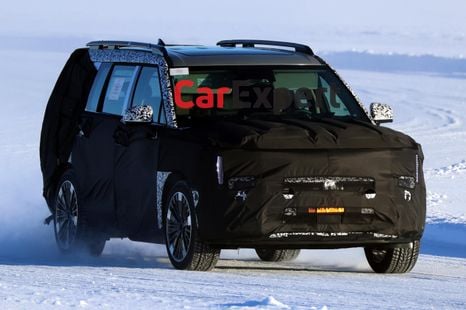

Damion Smy
2027 Hyundai Santa Fe spied again, looking a little less weird
1 Hour Ago

Journalist
In a month Lexus will unveil a concept car that will preview a range of electric vehicles (EVs) promised to utilise new battery, production and design techniques.
According to the brand, these new models will feature a “next-generation battery”, as well as a “revolutionary modular vehicle body structure, a drastically changed production method, and a completely renewed software platform”.
The as-yet-unnamed concept will make its debut at the Japan Mobility Show — the successor to the long-running biennial Tokyo motor show — which takes place at the end of October.
Expectations are this concept will be a five-door fastback coupe with sporty styling and an aerodynamic shape.
The new Lexus electric vehicles will be the second phase of a longer-term project which will see the brand have a global EV-only lineup by 2035, although some regions are expected to completely transition away from internal combustion engines earlier than that.
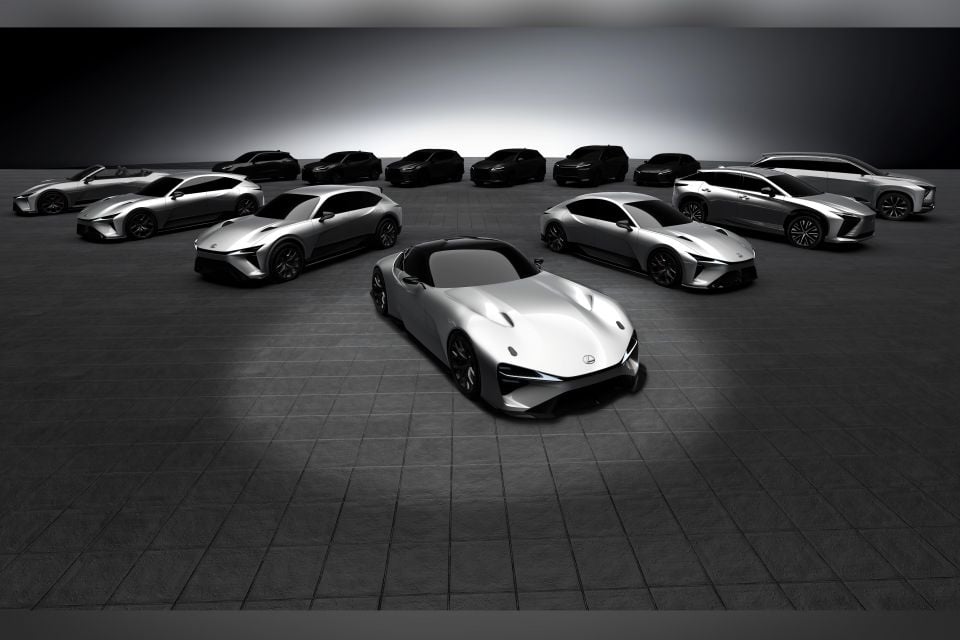
At present the brand only has a small number of EVs on sale, including an electric variant of the UX crossover, and the larger RZ, which shares its underpinnings with the Toyota bZ4X and Subaru Solterra.
Details about the upcoming Lexus concept and the EVs it previews have yet to be revealed, but last week Toyota announced a bunch of new battery technologies it hopes to have on the market from 2026.
These include a new low-cost “popularisation” battery featuring a lithium iron phosphate chemistry. Due around 2026 or 2027, this battery pack is said to cost 40 per cent less than the unit fitted the bZ4X, but offer 20 per cent more range — roughly 620km using the WLTP standard.
Lexus models will likely use the firm’s new “performance” lithium-ion battery package. Due to become available from 2026, this setup is claimed to be 20 per cent cheaper than the bZ4X’s battery, but offer range of around 800km, although Toyota hasn’t indicated which testing methodology this number is derived from.
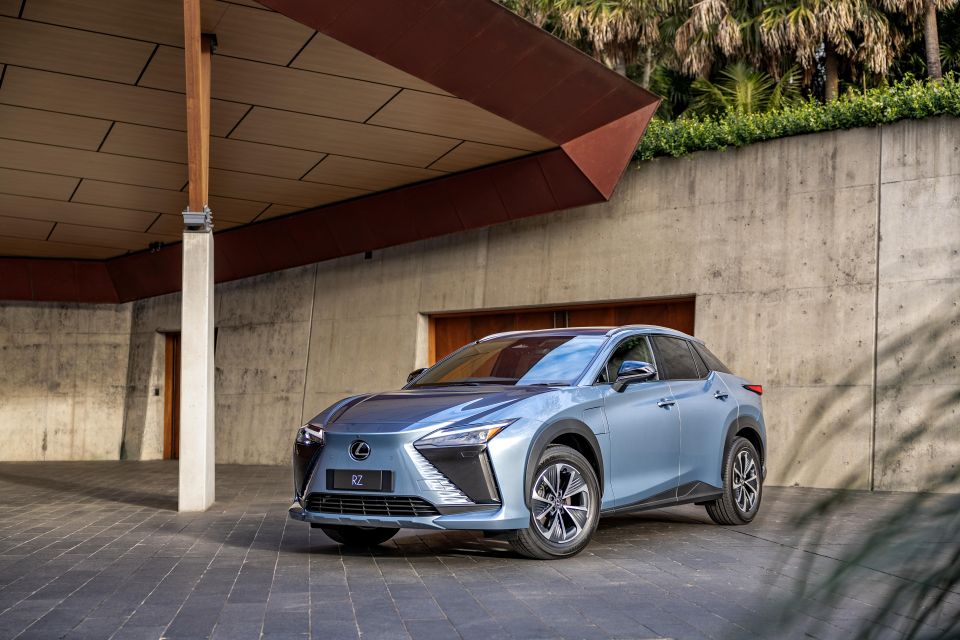
From 2027 or 2028 the company will begin rolling out a “high-performance” version of this battery with a more efficient bi-polar structure and high nickel cathodes. Toyota says this will reduce cost by a further 10 per cent, and increase range to over 1000km.
Toyota is also hoping to have its solid state batteries on sale in some form by 2027 or 2028. With a solid, rather than liquid, electrolyte, solid state batteries are capable of super-fast charging times, with up to 80 per cent charge possible within 10 minutes, and a range of around 1000km.
So far, the main downside has been shorter battery life, but Toyota believes it has recently “overcome this challenge”.
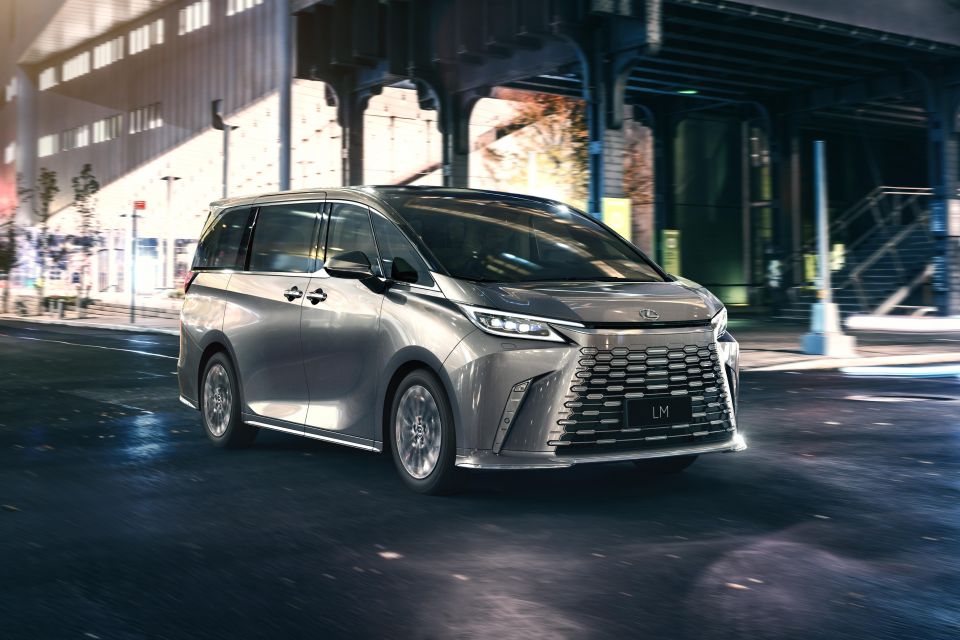
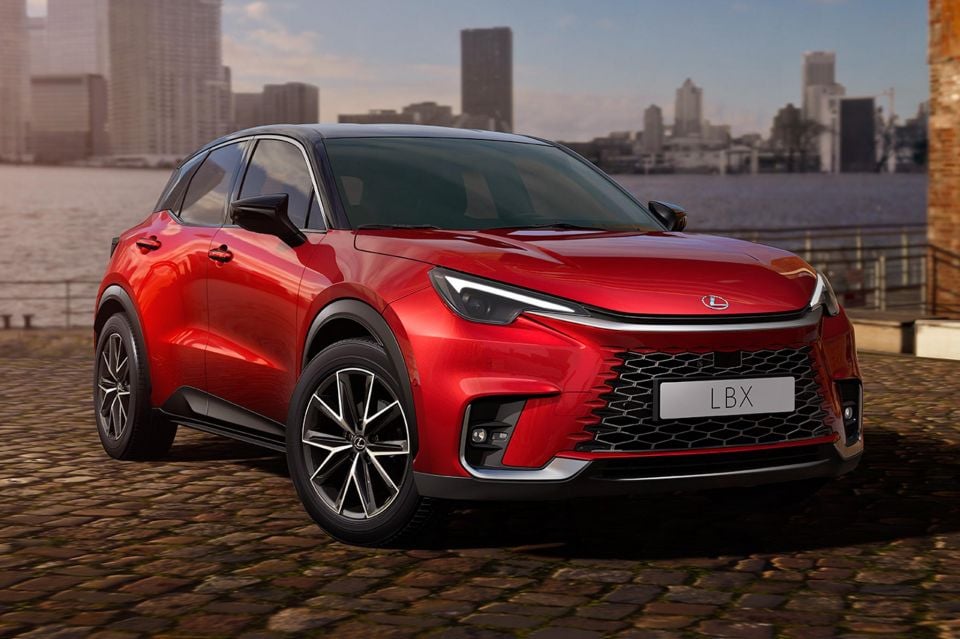
At a press conference announcing the upcoming concept, Lexus boss Takashi Watanabe was keen to emphasise the brand’s new strategy of creating specific vehicles for the “diversified needs of customers and regions across the world”, including the LM people mover for Asia and Europe, the city-friendly LBX crossover for Europe, and the three-row TX crossover for the US.
Go deeper on the cars in our Showroom, compare your options, or see what a great deal looks like with help from our New Car Specialists.
Derek Fung would love to tell you about his multiple degrees, but he's too busy writing up some news right now. In his spare time Derek loves chasing automotive rabbits down the hole. Based in New York, New York, Derek loves to travel and is very much a window not an aisle person.


Damion Smy
1 Hour Ago
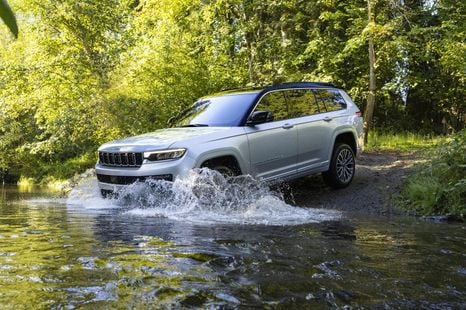

William Stopford
1 Hour Ago
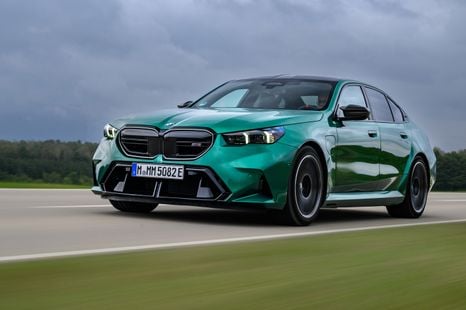

Damion Smy
1 Hour Ago
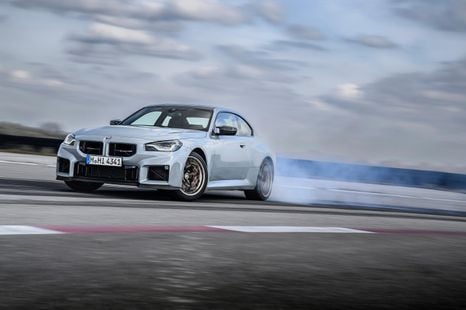

Damion Smy
3 Hours Ago
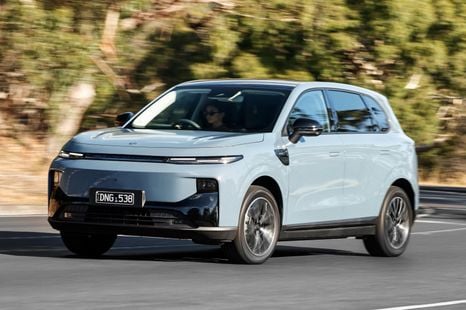

Marton Pettendy
4 Hours Ago
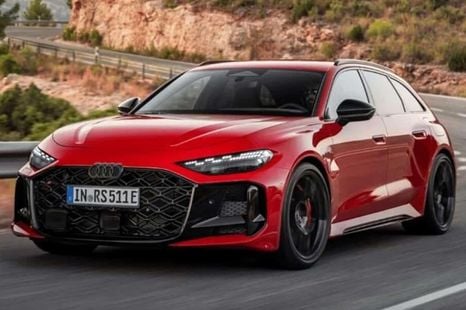

Derek Fung
6 Hours Ago
Add CarExpert as a Preferred Source on Google so your search results prioritise writing by actual experts, not AI.